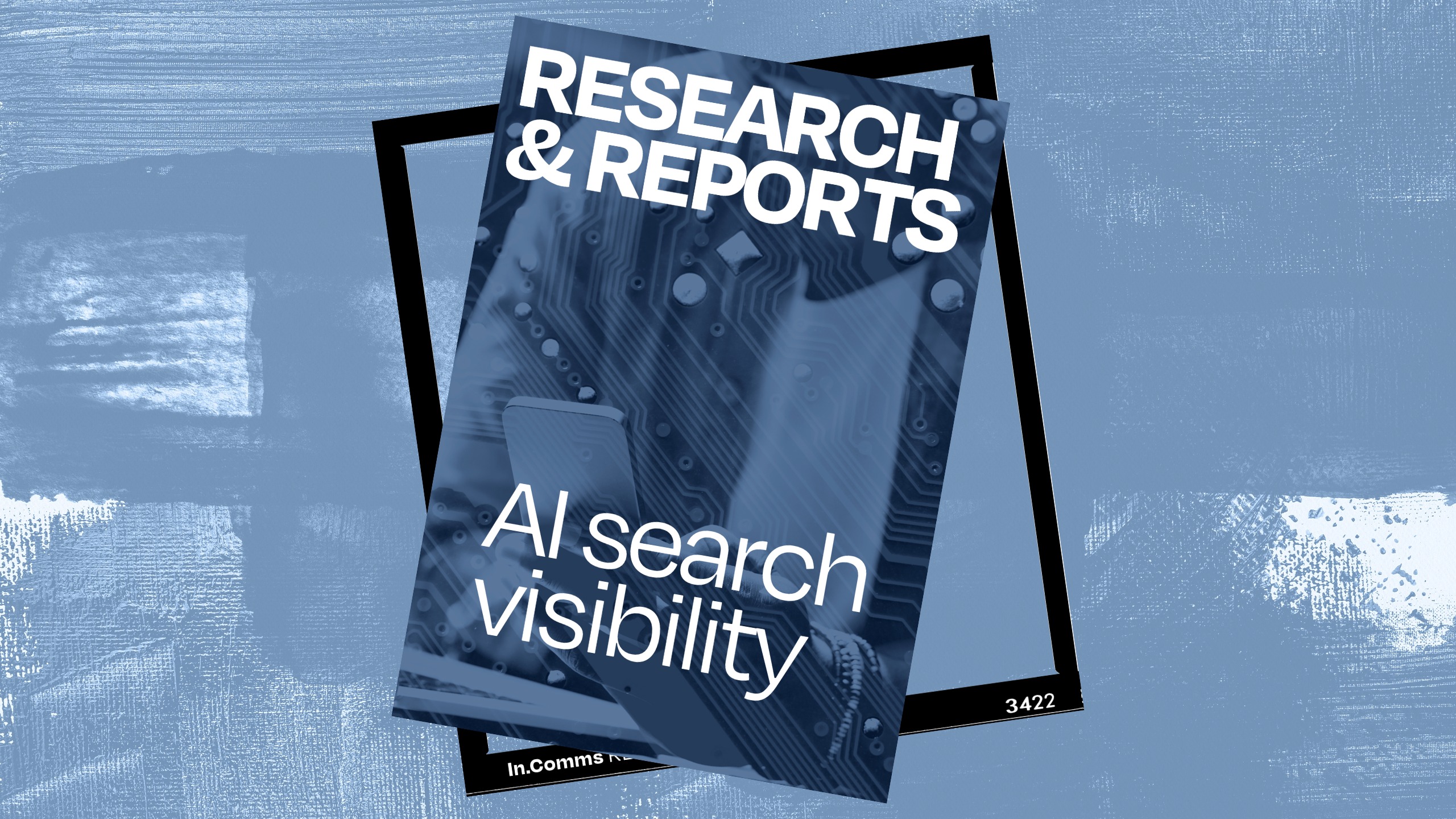Algorithms have long determined whether an organisation’s online presence will reach its desired audience. However, new research has revealed that beautifully crafted, SEO-friendly websites are failing to be picked up by AI search algorithms.
Based on a study of 15 luxury hotel brands, Spotlight Communications’ whitepaper “Invisible or Influential? Luxury Travel in the Era of AI Search”, found that AI search visibility is now dictated by a new metric it refers to as “machine-readable credibility” (MRC). Visibility now depends on the quality of storytelling by comms teams, the authority of coverage and independent voices, explains Lucy Clifton, CEO of Spotlight Communications.
Missing metrics
The study, produced in collaboration with digital marketing agency Make Lemonade Fizz, measured technical SEO and infrastructure reviews of 15 major hotel brands using audit tool SEMrush, which provides AI readiness assessments. A structured questionnaire and qualitative interviews were also conducted.
AI visibility scores range from one to 100 and most brands scored just 14 to 38 out of 100, appearing in less than four out of 10 relevant AI searches. Across all 15 brands, AI visibility scores ranged between zero and 70 among UK audiences and between 14 and 62 among US audiences. Only brands with a significant and established media presence managed to score above 50/100.
The study uncovered a disconnect between technical website performance and AI visibility. For example, some websites with optimal website speed achieved minimal visibility, while others with slower-loading sites dominated AI search – provided they had strong domain authority and extensive media coverage.
Style over substance
Visually impressive websites might be attractive to customers, but the study revealed they fall short when it comes to AI search algorithms. The majority of brands in the study were missing key data, such as customer reviews, meaning AI struggled to extract accurate information.
Editorial coverage and third-party validation outperformed traditional SEO tactics in driving MRC. Brands that were frequently mentioned in trusted media achieved higher AI visibility. Consistent comms activity showed higher AI recommendation rates, the study also found.
Insufficient MRC investment was found to prevent comms teams from improving AI search visibility. Teams that integrate a rigorous approach to content structure and editorial strategy are more likely to ensure their organisations are best positioned for AI search visibility.
Earned media emerged as more influential on visibility than paid advertising campaigns. The findings suggest that when it comes to AI search visibility, reputation acts as a form of performance marketing.
“AI-driven search no longer just directs travellers, it decides who deserves to be found,” Clifton concludes. “Visibility now depends on the quality of storytelling, the authority of coverage and the independent voices PR establishes. PR is no longer just what happens when the story is told – it is how AI learns to tell it.”

